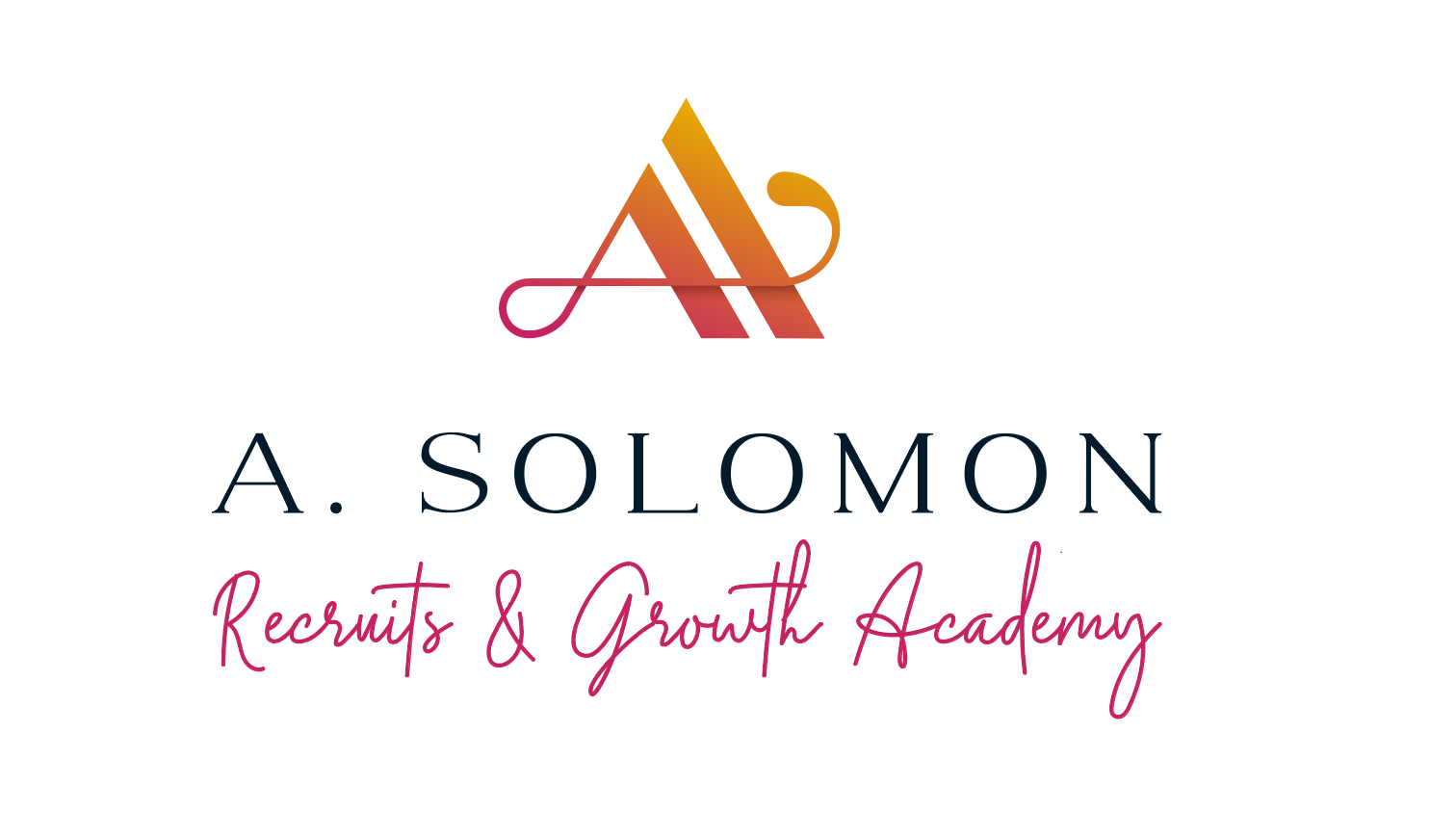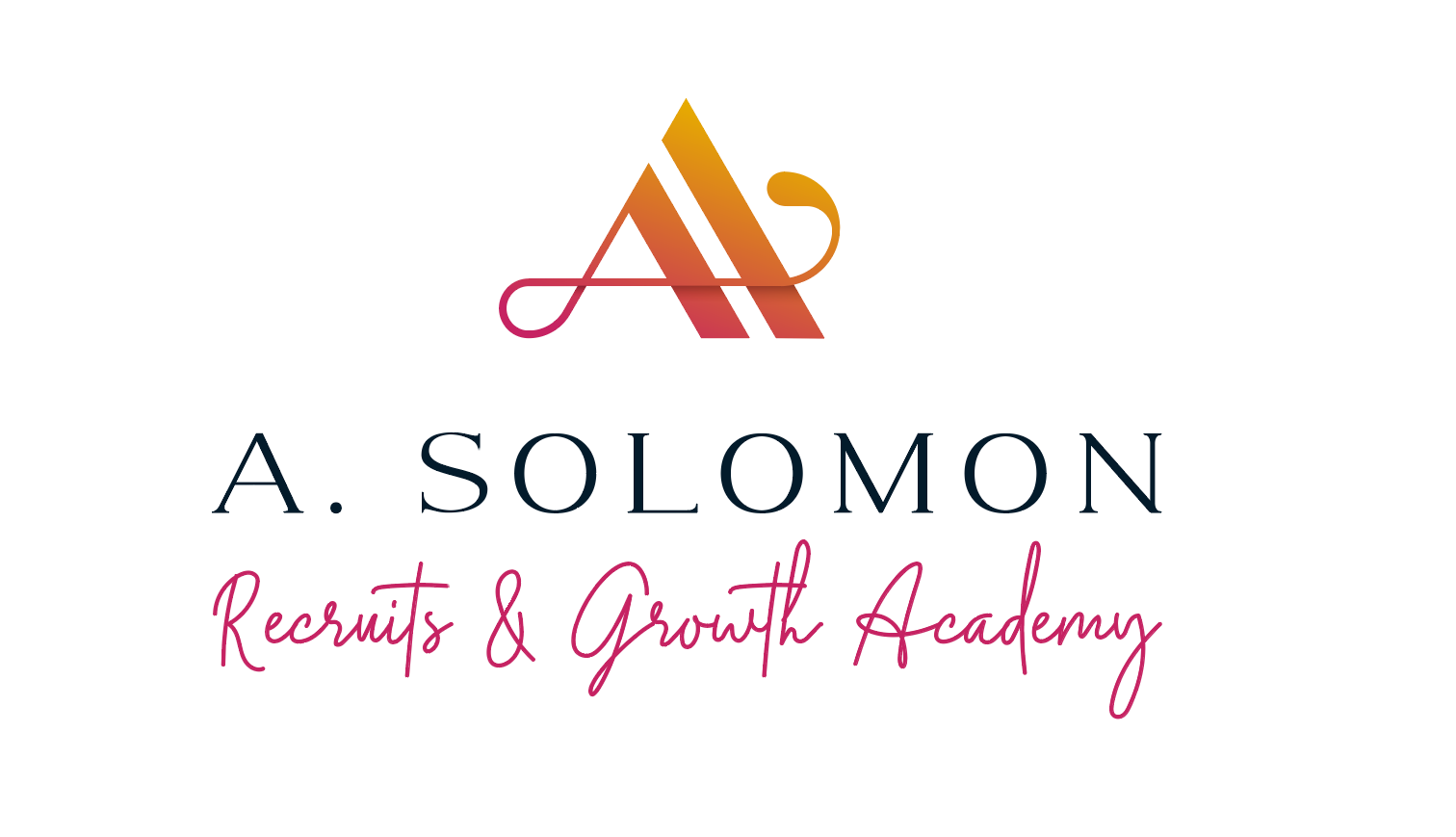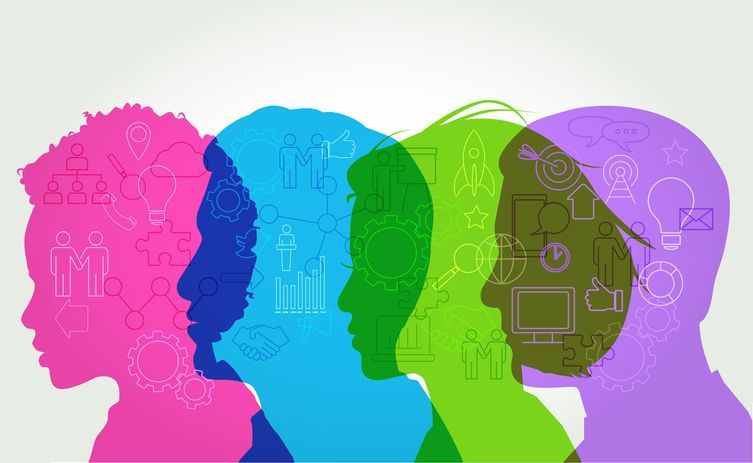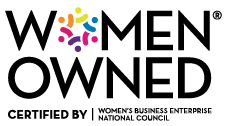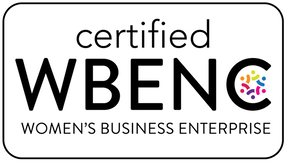Two Ways You Can Celebrate Black History Month *Today*
Black History Month should be a reminder to all of us that the work is not done. Diversity representation in C-suite jobs in corporate America is not where we’d like it to be and the undeniable fact is that in the vast majority of companies, the workplace is a radically different place for black and brown people than it is for white people.
That being said, I wouldn’t have started a business as a diversity recruiter if I didn’t think that we are capable of getting there. But in order to get there, we need to be taking action—consistently and proactively. Let’s talk about how we can all be doing that.
Education:
One of the biggest myths about self-education around race is that only some people need to be doing it. I couldn’t disagree with this more. The way that race effects the daily lives of everyone in this country is both a personal felt experience and a sociological study.
As a white person, you simply haven’t seen and felt the effects of racism experienced by those who are subject to it. Education allows for you to hear about how racism plays out in ways that you may not have anticipated. It also offers information about how some of your good intentions may land in less-than-ideal ways. Education allows you to calibrate your intentions with your actions so that your efforts are effective, compassionate and informed. The goal is not to be perfect. The goal is to be committed to the process and to continue to improve.
As someone who is the subject of racism, education gives you the confirmation that you are not crazy and you are not alone. It puts the power back in your hands and reminds you to remain committed to your identity, your community and your intuition.
For everyone, education about race provides historical context for the structural dynamics that created and perpetuate the ongoing oppression of black people. Resources that explore these topics uncover how racism is hard-wired into our society’s structures and culture. It is only from a place of fully understanding the roots of the issue that we can change it.
Open Conversation:
Talking about race is considered taboo in our culture. I believe that we will not be effective in our attempts to uproot systematic racism until we learn how to talk about it. One of the main problems that I’ve seen in the workplace surrounding race is that we only talk about it once there has been a problem or a complaint. This assumes that the status quo for race relations is good enough as is. Let me tell you, it’s not. Minorities have learned to be silent and accept lesser or different treatment in the workplace. This has become normalized but it is not okay.
If we want to truly cure racism, we can’t just treat the symptoms, we need to treat the illness. And this means having uncomfortable conversations: with friends, with family, with our coworkers, with our employees and sometimes even with our boss. We need to make room for these conversations in our daily lives and we need to be enacting policies and creating workplace cultures that encourage and protect uncomfortable conversations, feedback and group discussion. It will get easier the more you do it. So start today.
Join me. Start a discussion. Forward this article. Spread the knowledge. Happy Black History Month. Let’s make 2021 Black History Year.
---
A few of my favorite resources:
The 1619 Project is a New York Times podcast about slavery and how it laid the foundation for American society as we know it. This podcast is packed with historical information, research and insights and there is something in it to be learned by everyone.
So You Want to Talk About Race by Ijeoma Oluo is a blunt but compassionate and self-aware foray into the most common topics and problems surrounding race relations. Each chapter focuses on a different hot-button race topic, allowing you to flip through and clear up misunderstandings surrounding these topics.
My previous blog posts, which you can find on Linkedin and on my website’s blog, unpack issues in concise and focused explorations of different topics surrounding race in the workplace. Read them, share them, ask me questions and use them to start discussions in the workplace.
What other resources have you found and love? Leave them in the comments below. Let’s tackle this together!
I AM someone who sees incredible potential in places most people don't think to look. As a black woman, small business owner of a diversity staffing boutique, my team and I walk alongside our Clients in creating professional environments that are truly for ALL. I believe in our interconnectedness as a human race and strive every day to use my gifts to empower the workplace’s invisible and powerless. I rarely bet on certainty and always root for the underdog because, after all, those are the best stories to tell.

